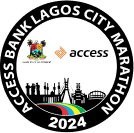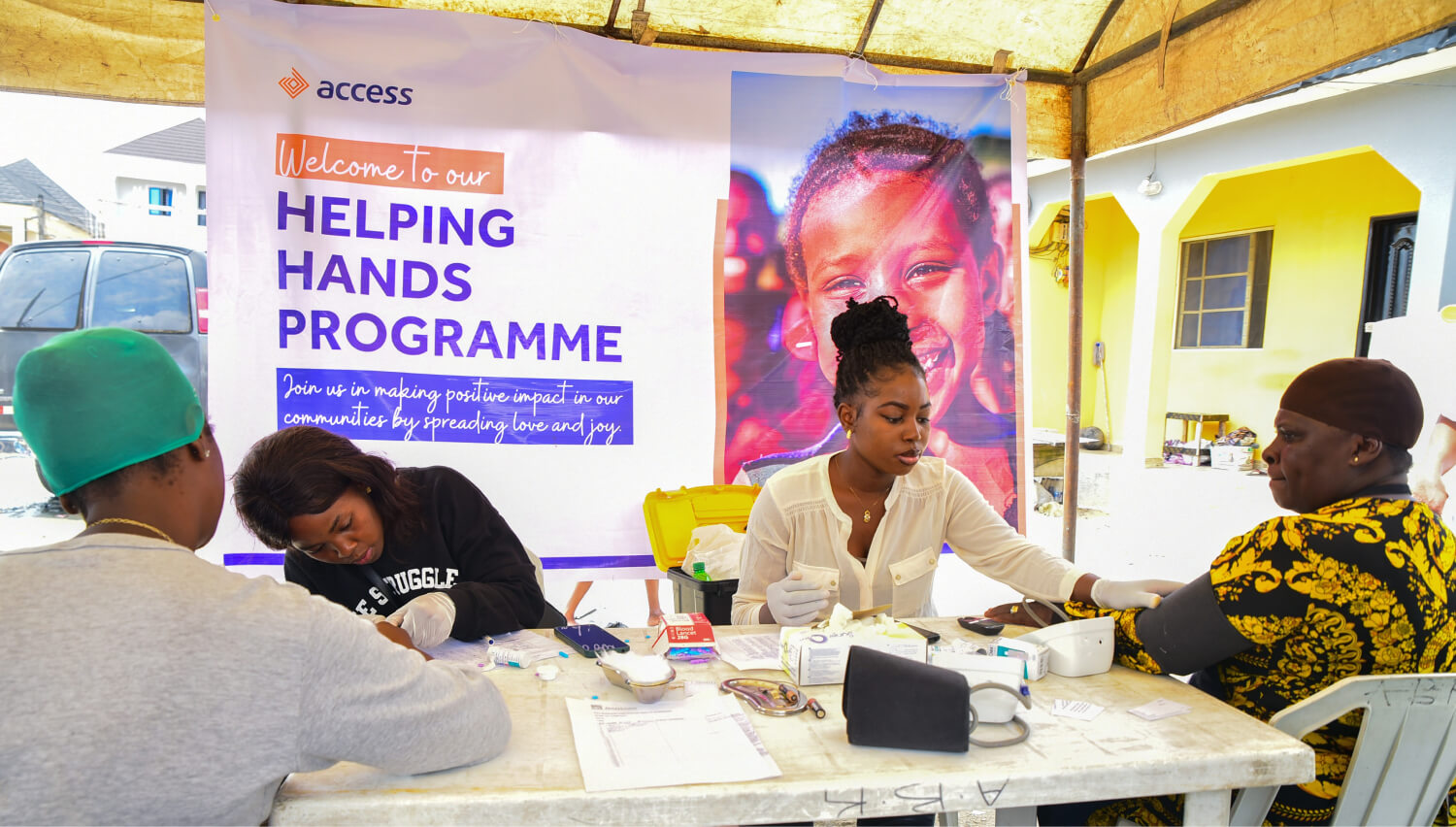Effective data management is important for determining the success of strategic initiatives and plans. It includes integrity in data gathering, data accuracy, measurement with the right metrics, data interpretation, presentation and reporting. As such, good data management is key to the achievement of the Sustainable Development Goals (SDGs), which have recently emerged as key priority areas for corporate strategic activities.
Unfortunately, SDGs data remain poor in most of Africa. As Africa moves to fulfil key SDGs in poverty reduction, eliminating hunger and accessing water, education, health and housing to its citizens, it needs statistics for an accurate picture of progress made on development activities.
EY Nigeria and the University of Edinburgh organized a three-day workshop to understand the current efforts and challenges to implement the SDGS in Nigeria, set a goal and agreed on a collaborative implementation roadmap for SDGS data management required for sustainable socio-economic development. It also provided some insights on how corporations can enhance their sustainability performance for socio-economic development through enhanced SDGs data analytics and accountability.
The workshop was themed ‘SDGS Data Management for enhanced Corporate Sustainability Performance’ and attracted participants from the public and private sectors as well as developmental institutions, civil societies and NGOS.
On Day 1 of the virtual workshop which held on February 25, 2021, Access Bank was invited to make a case presentation on its SDGs Data/ Impact Journey based on its track record of implementing, documenting and reporting on the SDGs. Representing the Bank, the Head Sustainability, Omobolanle Victor-Laniyan, said that: “At Access Bank, sustainability is viewed as the only approach to doing business, therefore, we have embedded sustainability in all aspects of our business operations and practices”.
“We recognize the rapid shift towards impact investing which relies on ESG data, and as such, we identify and showcase our impacts as they are crucial for reporting to our valued stakeholders. Our focus is to build and foster innovative partnerships that will create shared value, helping all succeed in today’s world”, she concluded.
Access Bank pioneered sustainability reporting using Global Reporting Initiative (GRI) Standards in the Nigerian financial sector. The Bank is also a member of the International Council for Sustainability Standards and Certification Initiative (SSCI) that co-created the SSCI standards, providing an all-encompassing framework for holistic integration of sustainability to drive innovation in the organizational culture of financial institutions.







